Washington, Mar 28, (V7N) – A disagreement between key members of Congress and President Donald Trump could complicate ongoing negotiations over federal spending priorities. This dispute comes at a time when Trump is focused on dismantling federal agencies and reducing the government workforce.
At the heart of the issue is nearly $3 billion in emergency funding that Trump has refused to spend. This funding was included in the recently approved spending bill that keeps the government running through September 30. While this amount is relatively small within the larger spending plan, it raises significant questions about whether the President or lawmakers should determine how government funds are allocated.
Lawmakers argue that the Constitution gives them the authority to decide government spending. However, Trump and his allies contend that while Congress sets spending limits, the President can choose to spend less than the amounts approved.
Trump's Refusal to Spend Emergency Funds
On Monday, Trump informed Congress that he would not spend nearly $3 billion allocated for emergency needs as part of a June 2023 emergency spending deal. He argued that the funding was not truly needed for emergencies, despite being part of the spending plan approved by Congress. This decision has led to concerns that it could disrupt essential funding for a range of programs, including $8 billion for rental assistance to 7 million people, $2.1 billion in food and medicine for those facing starvation, military support abroad, and funding to combat drug trafficking.
Congressional Response
Top members of the Senate and House Appropriations Committees strongly criticized Trump's refusal to spend the funds, warning that it could jeopardize over $12 billion in emergency funding. Senators Susan Collins (R-Maine) and Patty Murray (D-Wash.) emphasized that the President does not have the power to pick and choose which portions of the spending bill to fund, as the bill specifically requires the President to designate the full amount for expenditure.
In a letter to Russell Vought, Director of the Office of Management and Budget, the senators noted, “Just as the President does not have a line-item veto, he does not have the ability to pick and choose which emergency spending to designate.” This view has been supported by previous administrations of both political parties, including during Trump's first term in office.
Potential Impact on Future Spending Bills
The senators also warned that Trump's actions could disrupt future appropriations negotiations. They expressed concern that sudden changes to the interpretation of long-standing rules could make it more difficult for Congress and the Administration to collaborate on funding priorities for the next fiscal year, starting on October 1.
Similarly, Rep. Rosa DeLauro (D-Conn.), the top Democrat on the House Appropriations Committee, sent a letter of her own expressing concern over the President's refusal to designate the funds. However, Rep. Tom Cole (R-Okla.), the Republican chairman of the committee, did not join her in the letter.
The ongoing dispute highlights the tension between Congress and the President over how government funds should be spent, setting the stage for a potentially contentious budget negotiation season ahead.
END/WD/SMA/NYC/



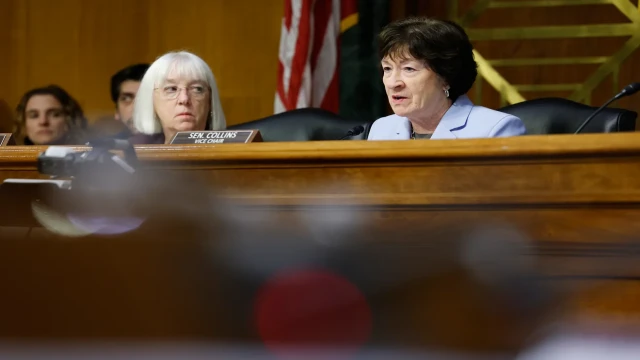

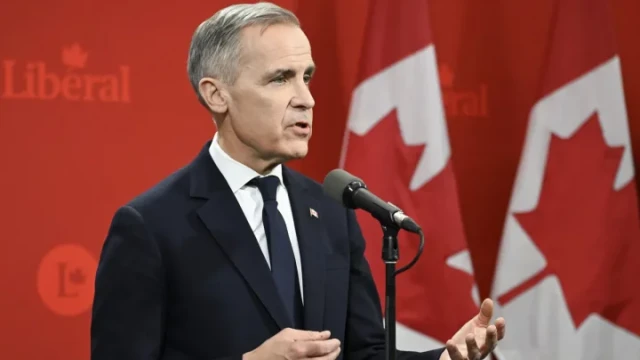

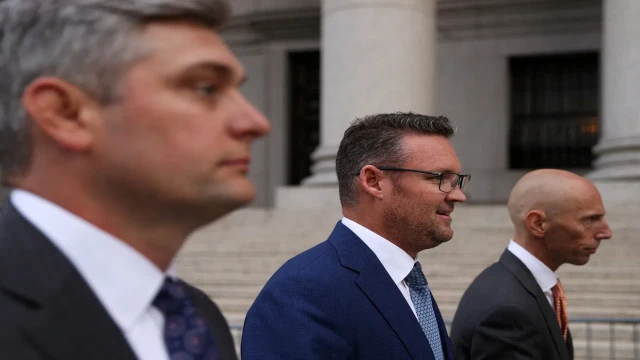
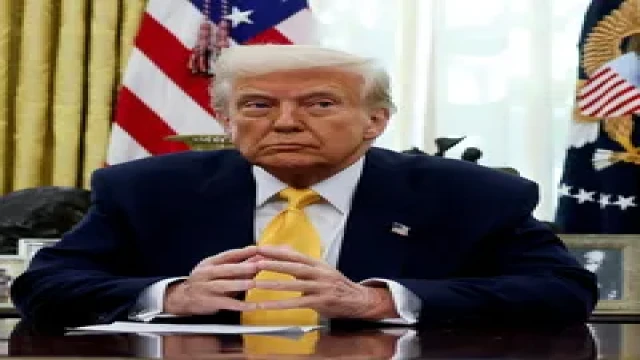






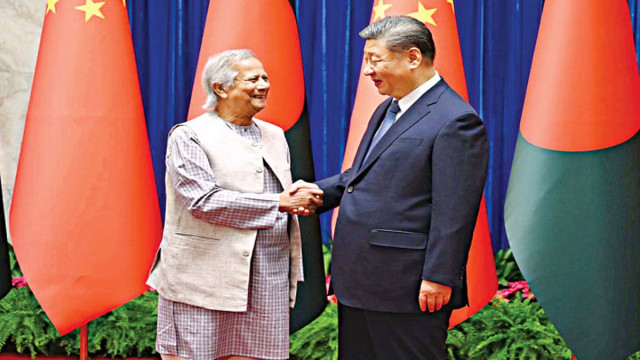








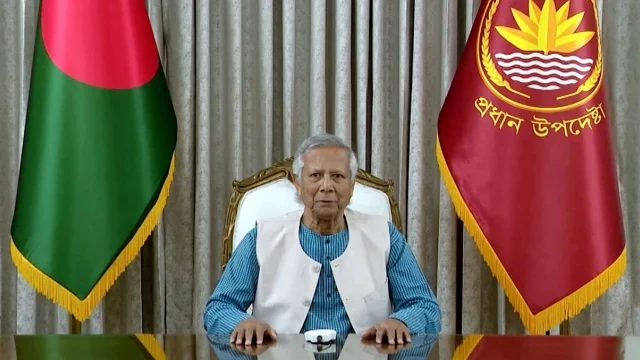






Comment: